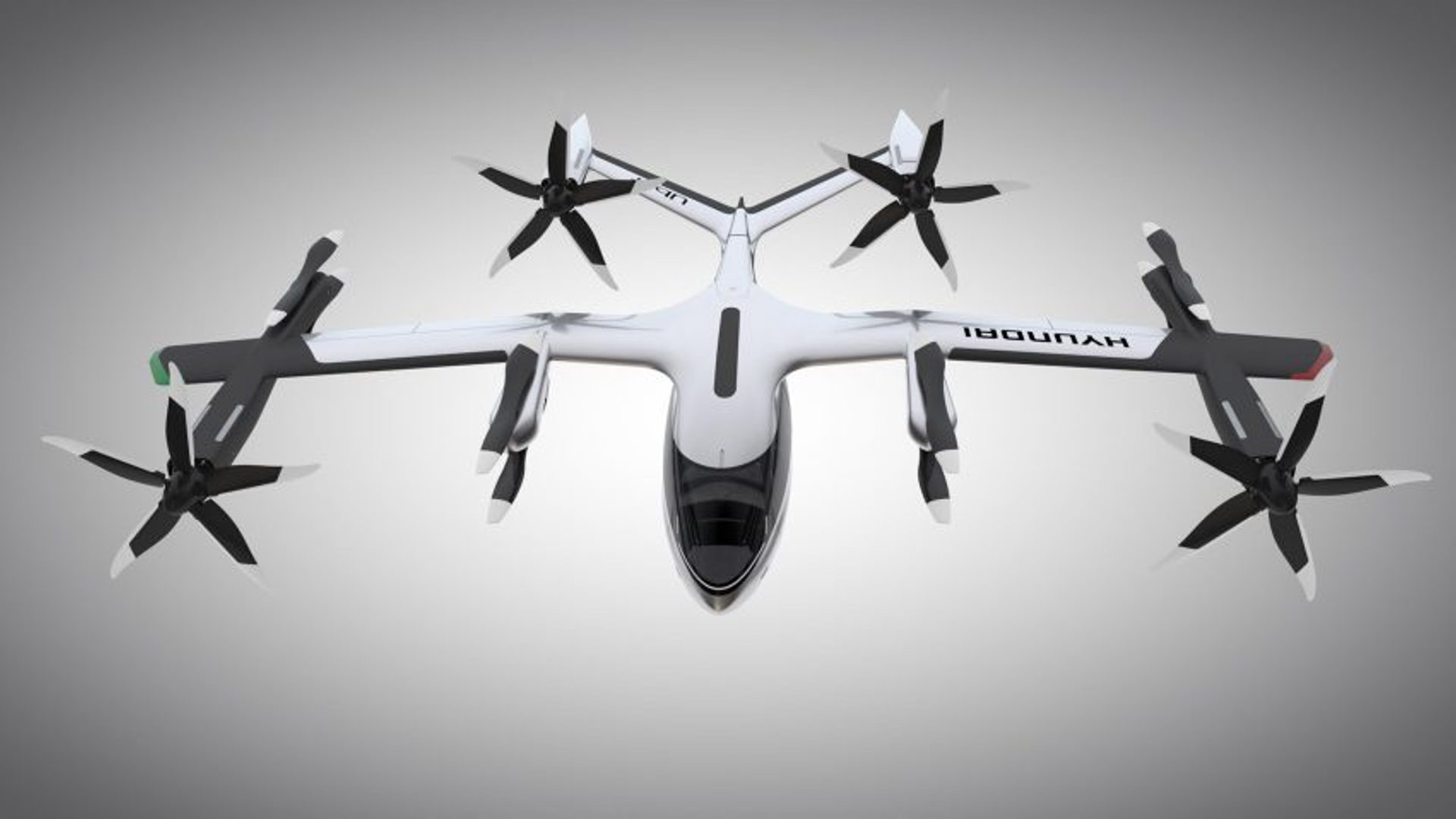With the North American International Auto Show in Detroit being moved to a new summer date in June, the Consumer Electronics Show (CES) has officially taken over as the most important place for automakers to debut new products and technology early in the New Year.
CES 2020 played host to several important automotive unveilings. Not only did a handful of new concept vehicles make their debut at the show, but we also saw new automotive entertainment and safety technologies that will help ensure travelling by car remains as comfortable, connected, and safe as can be.
These are autoTRADER.ca's picks for the five most important or game-changing automotive debuts from CES 2020. We believe these cars and automotive technologies will impact the way we get around in the coming years, so scroll down to read what's in store for the future of the automotive industry.
5. Fisker Ocean
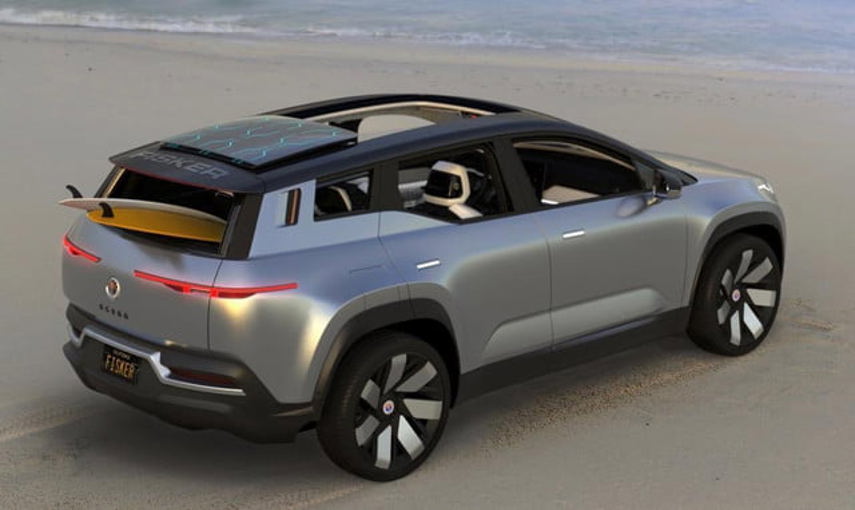
While established automakers are having trouble taking the fight to Tesla with their own electric offerings, the Fisker Ocean may actually prove to be a worthy rival to the upcoming new Tesla Model Y. The crossover, which was shown in full for the first time at CES 2020, features an ~80 kWh battery pack providing about 400 to 480 kilometres of driving range. The really impressive part is the cost, though. Fisker hopes to sell the vehicle for $37,499 in the U.S. - equivalent to just $29,999 with the $7,500 federal EV rebate. Fisker is also offering affordable lease terms with no long-term contracts, allowing customers to pay a monthly fee to own the car for as long as they like and also return it at any time. The EV also has a solar roof that can be used to help recharge the battery.
4. Hyundai/Uber Flying Taxi
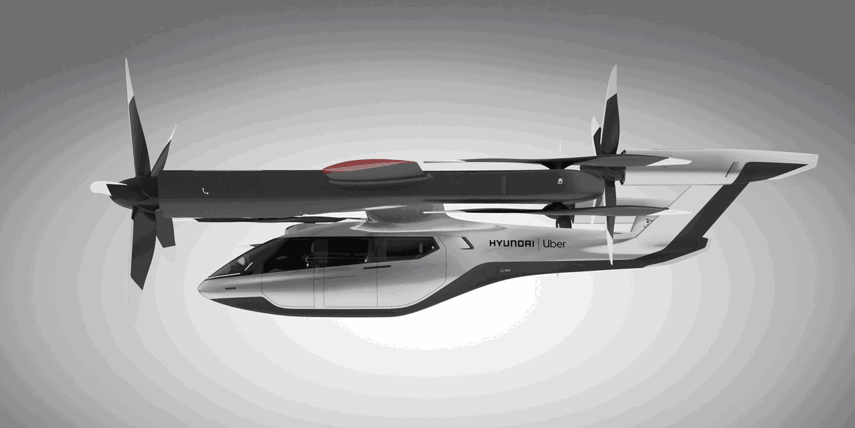
Hyundai and Uber announced their new aerial rideshare network at CES 2020. The project will see Hyundai develop and build a fleet of flying taxi vehicles, while Uber will provide support for an aerial ride-share network that uses the vehicles. The Hyundai S-A1 flying taxi, which the service will use, is alleged to have a cruising speed of around 290 km/h, a cruising altitude of 1,000-2,000 feet and a range of up to 100 kilometres. The vehicle is also fully electric and is capable of vertical takeoffs and landings. Additionally, Uber is working on ideas for infrastructure that will support the use of the new class of aerial vehicles in major cities and areas where congestion slows travel by car, so it may not be long before we see the S-A1 in use.
3. Sony S-Vision Concept
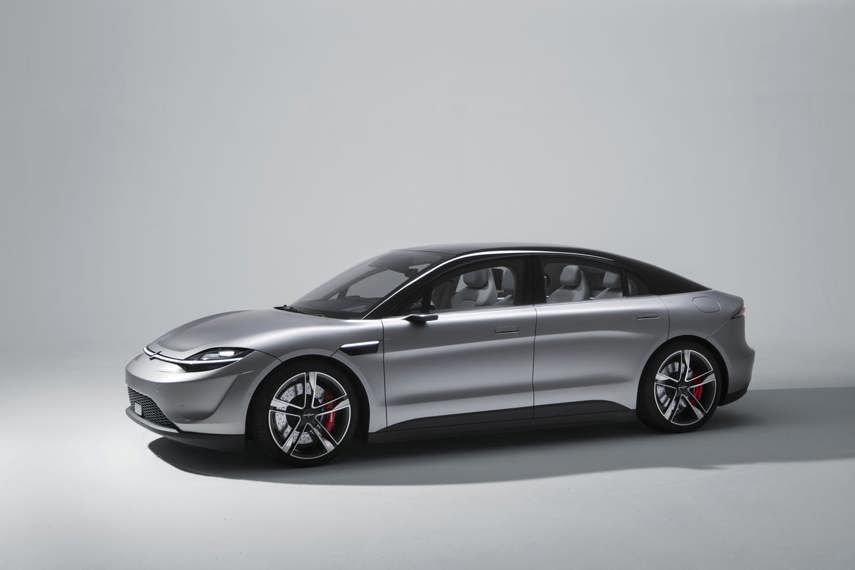
One of the bigger surprises from CES 2020 was the Sony S-Vision Concept. That's right, this car was built by the same people that make Bluetooth speakers and Playstations, albeit with help from Canadian automotive supplier Magna. Sony's not getting into the business of making cars, however. This concept showcases Sony's ideas for new automotive technologies, from always-on 5G connectivity to an ultra-widescreen dashboard display and even camera side-view mirrors. We think a production version of this Sony-designed sedan would sell pretty good, especially with if it retained the concept's sporty styling, dual-motor electric powertrain, and abundance of in-car technology.
2. Audi AI:ME Concept
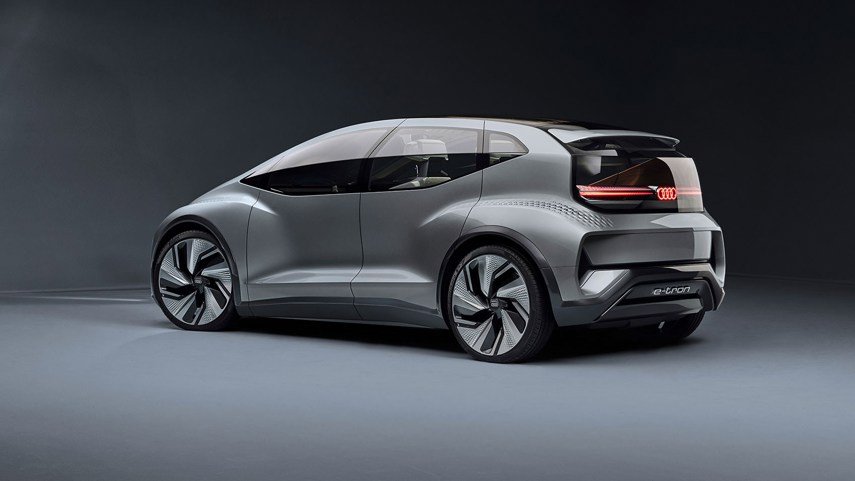
The automotive industry seems to have really latched onto the idea of sticking onboard AI systems into cars. We're not completely sold on the idea, given that many AI systems like Alexa or Siri are still a bit gimmicky and don't work 100 per cent of the time, but the Audi AI:ME from CES 2020 is more than just an AI-equipped autonomous pod. An abundance of lights on the vehicle's exterior light up to communicate what the vehicle is doing when in traffic, making travelling among bikers, pedestrians, and other motorists safer. It's part of a four-piece family of AI-powered autonomous vehicles from Audi that also includes the luxurious Aicon, the off-road-focused AI:TRAIL, and the performance-focused AI:RACE.
1. ZF coAssist Level 2 System
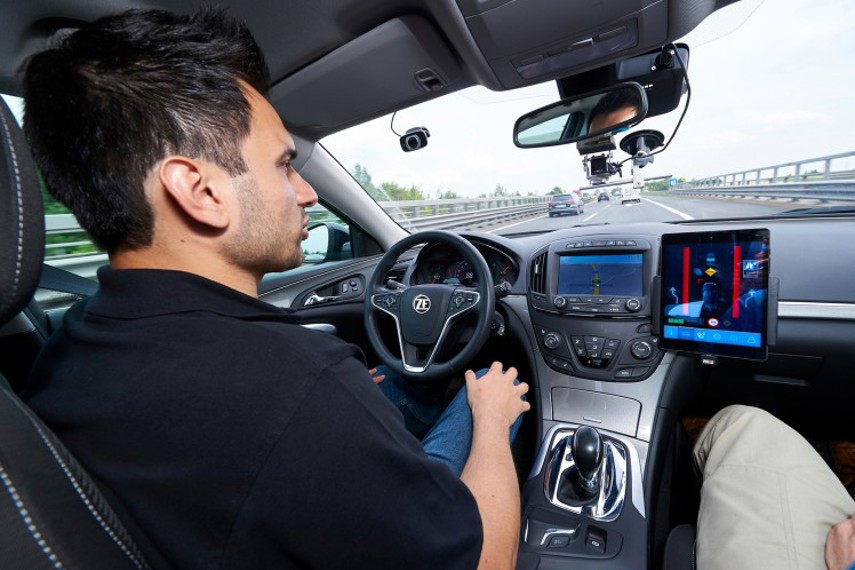
One automotive announcement that flew under the radar at CES 2020 but that we think could have a major impact on the automotive industry is ZF's coAssist self-driving technology. This is a Level 2 semi-autonomous system just like Cadillac Super Cruise, with the vehicle steering, braking, and accelerating as needed when travelling on the highway, allowing the driver to remove their hands from the steering wheel completely. Unlike Super Cruise, though, ZF coAssist will also automatically change lanes when the driver engages the turn signal, prompting ZF to call this a "Level 2+" semi-autonomous system. The coAssist system will appear in a production vehicle from a major Asian automaker later this year and ZF also says it has interest from other automakers to use the system in the near future. It will also be available to automakers to well under $1,000, so this may be one of the first truly affordable semi-autonomous systems.
